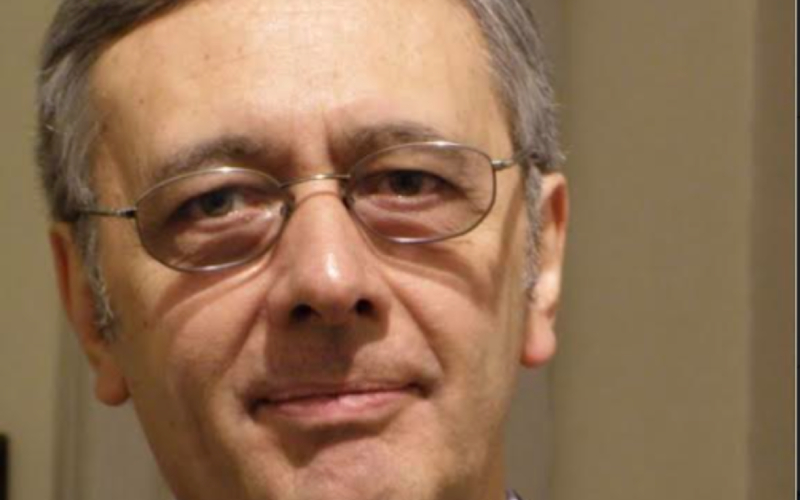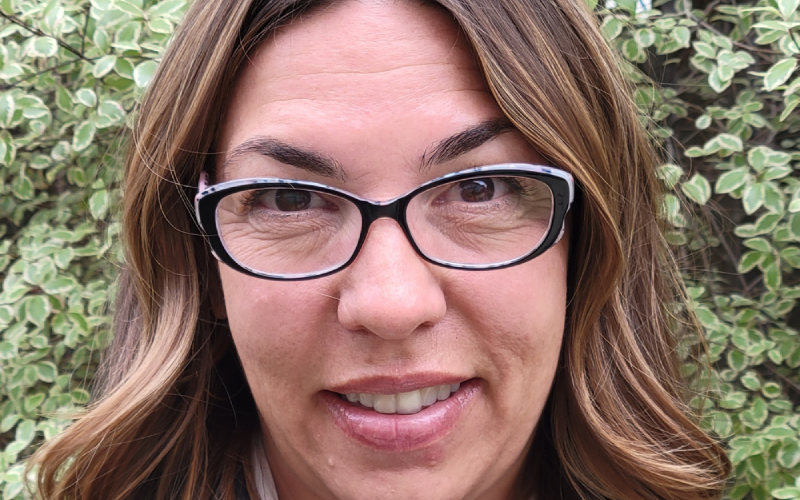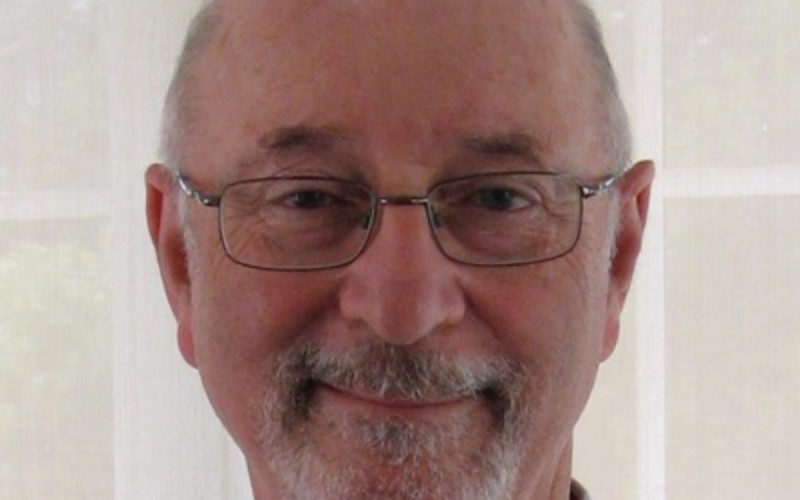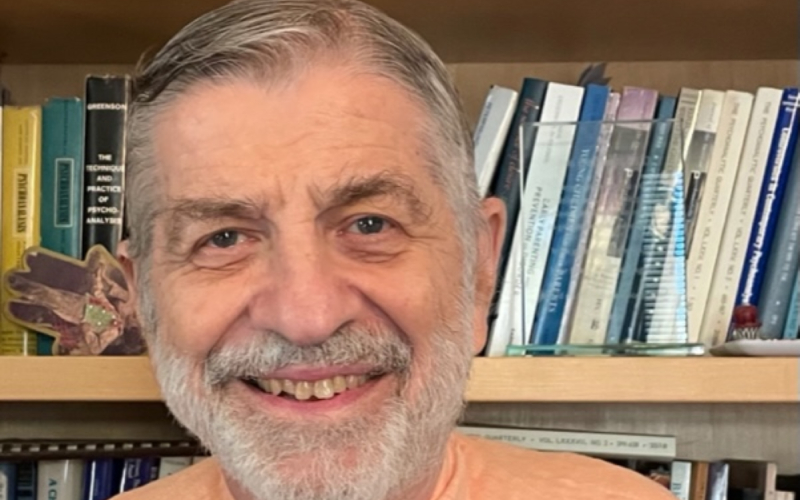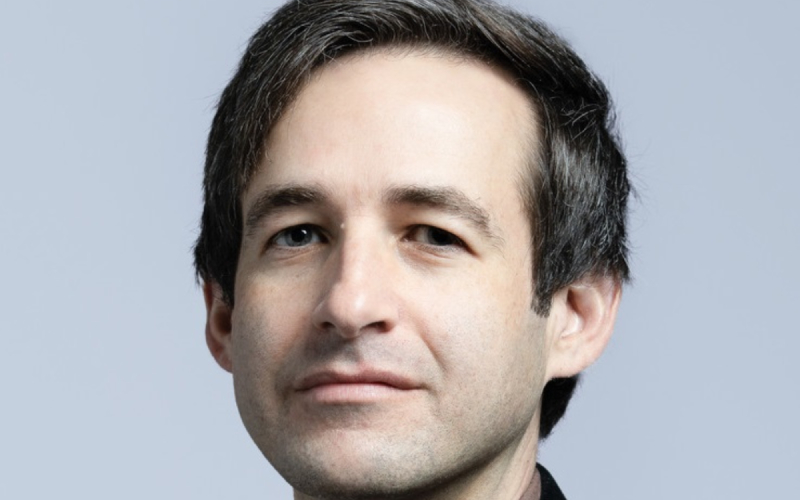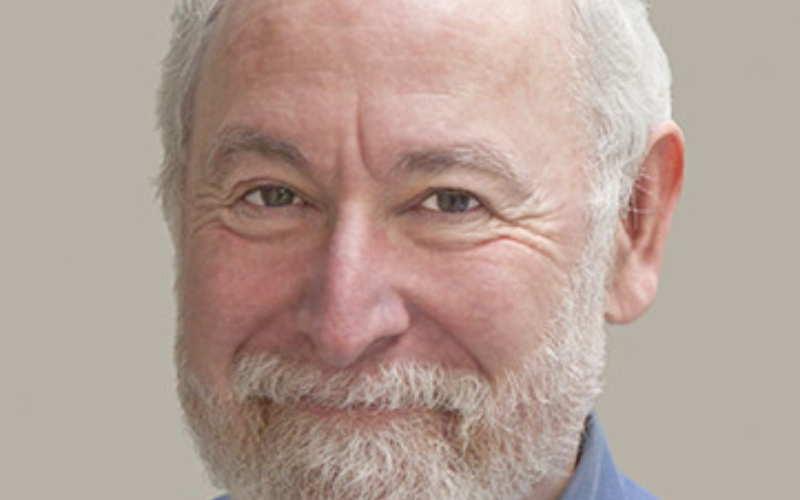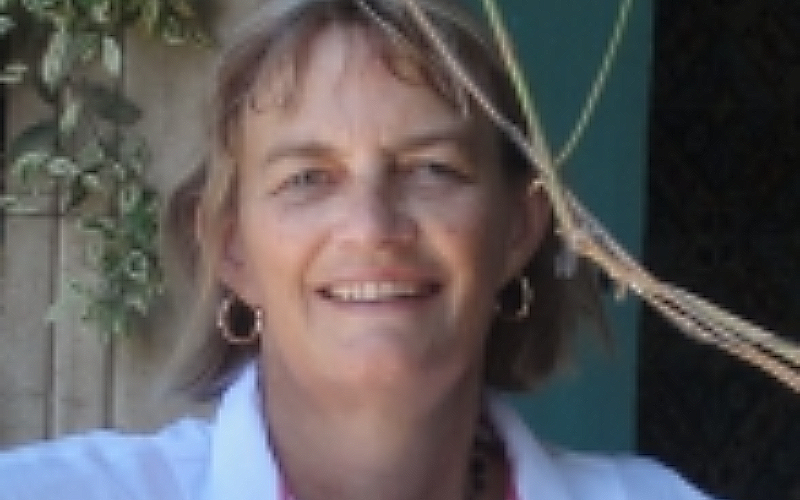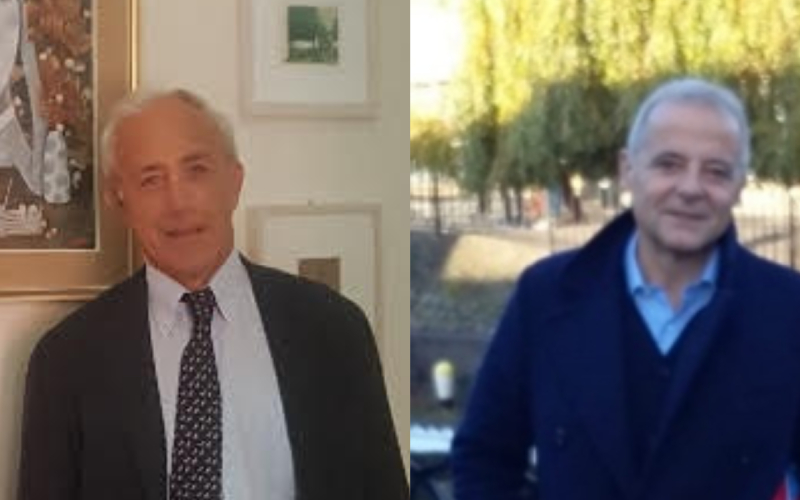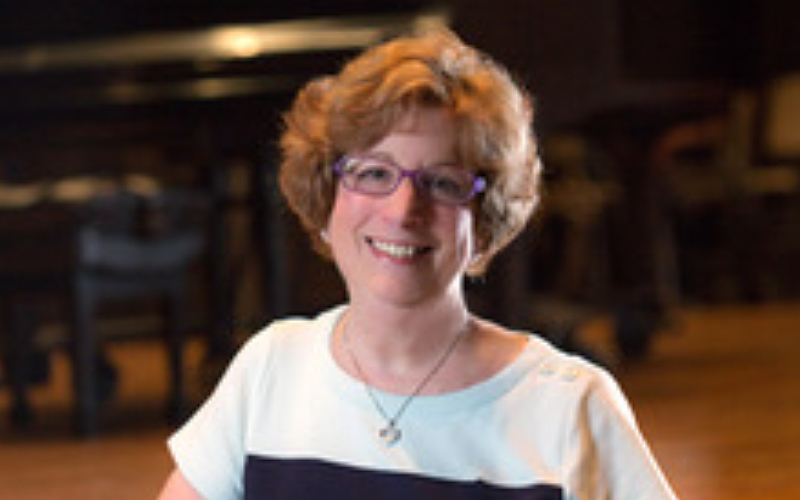Episode 140: Are Patients Different Today? with Stefano Bolognini, MD (Bologna)
“One of the changes that analysis provided me with was an awareness about how similar we all are, of course with a few differences. For me, an analyst is before all a person who had the opportunity to realize how we all human beings are very similar. We can familiarize with ourselves and with others…
Read MorePodcast: Play in new window | Download

